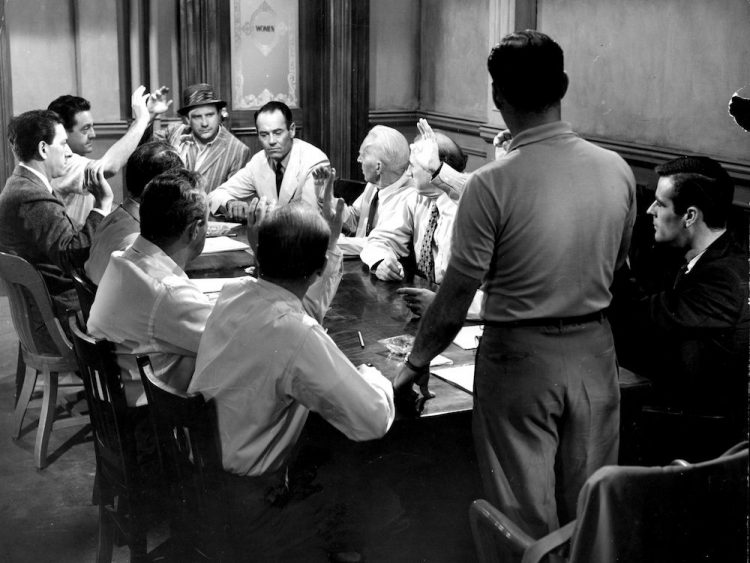Sorry to see that the Christian Curmudgeon is hanging up his cleats as a blogger. It seems that his bishop is hands on (unlike the loosey-goosey way in which Presbyterians operate):
One of the vows a Reformed Episcopal minister (presbyter, minister, pastor, priest – you choose) takes is to obey his Bishop. My Bishop, whom I consider also to be my pastor of 5 years and my friend of 50+ years, has directed me not to continue my work as a Blogger. While I know he has been from time to time displeased with the content of my Blogs and other comments as they related to the Reformed Episcopal Church, his reason(s) for directing me not to Blog have to do with me – who I am and my life’s failings. In this case, the fault is not at all with him and entirely with me.
I remain a Reformed Episcopalian. I am in agreement with the 1662 Book of Common Prayer (though my preference would be the Edwardian Prayer Book), the 39 Articles of Religion, and the preaching, teaching, and writing of the English martyr Thomas Cranmer, and the Founding Principles of the Reformed Episcopal Church. I also accept and submit to Episcopal government. I believe in Prayer Book worship, the Articles, the equality of ministry of Word and Sacrament, weekly Holy Communion, and the Church Year.
I for one will miss Bill’s posts. The Christian world does not have enough contrarians and few that could spot the folly of mob mentalities the way Bill did from a Reformed Protestant perspective.
I hear that the PCA is fairly hands off. I wonder if Bill be tempted to return if only to have another round with Tim Keller.


“I for one will miss Bill’s posts. The Christian world does not have enough contrarians and few that could spot the folly of mob mentalities the way Bill did from a Reformed Protestant perspective.”
Truer words never written.
LikeLiked by 1 person
Well, I knew Bill Smith. He was a friend of mine (not actually, his son and mine went to the same Christian school together). We had a spat there about creation which blew over. I met him in his office and he graciously gave me the book on Kuyper’s lectures at Princeton. He is a great writer. I will miss his blogs. While I was ordained in the Anglican Orthodox Church, I have since moved to the 4Cs (one of the 3 Anglicans in that body – minus the bishop). I respect his respect for his overseer and conclude that all three forms of church government are valid based on the necessity and climate of the situation. I think Bishop Cummins (founder REC) might agree.
PS – I will never forget his article in World magazine about southerners. One of the best.
LikeLike
Darryl,
This brings up the question of how much and what type of authority do Elders (I understand in his church order a Bishop has more authority) have in the personal lives of a congregation. Can an Elder board tell a congregant that they cannot have a blog?, watch TV?, start a parachurch ministry? I understand they risk discipline if they promote division or disagree with the doctrinal standard of the church but aren’t these things in and of themselves okay? I see it as rather domineering to do so. As to the title of this post, didn’t this happen to Scott Clark a few years ago? Isn’t he some kind of Presbyterian?
LikeLike
Scott Gordon – I think the curmudgeon is a pastor in the REC, and therefore is not a congregant. But your question is a good one: can an elder board “command” a lay person to stop an activity such as a blog? They certainly *can* do that, but they would be exceeding their Scriptural authority. Unless there is some clear sin taking place in the blog (bearing false witness, malicious slander, gossip, etc), then simply asking someone to stop doing a non-sinful activity would be beyond the scope of a bishop or session’s authority. I suppose they could justify such a command under the umbrella of pastoral care: blogging is detrimental to the individual and others, and therefore should be stopped, even if blogging itself isn’t inherently sinful. That’s a fine line to walk though – I would hope sessions and elders would err on the side of liberty rather than extra-Scriptural binding of conscience.
LikeLike
Hey, RSC came back strong after his hiatus…
LikeLike